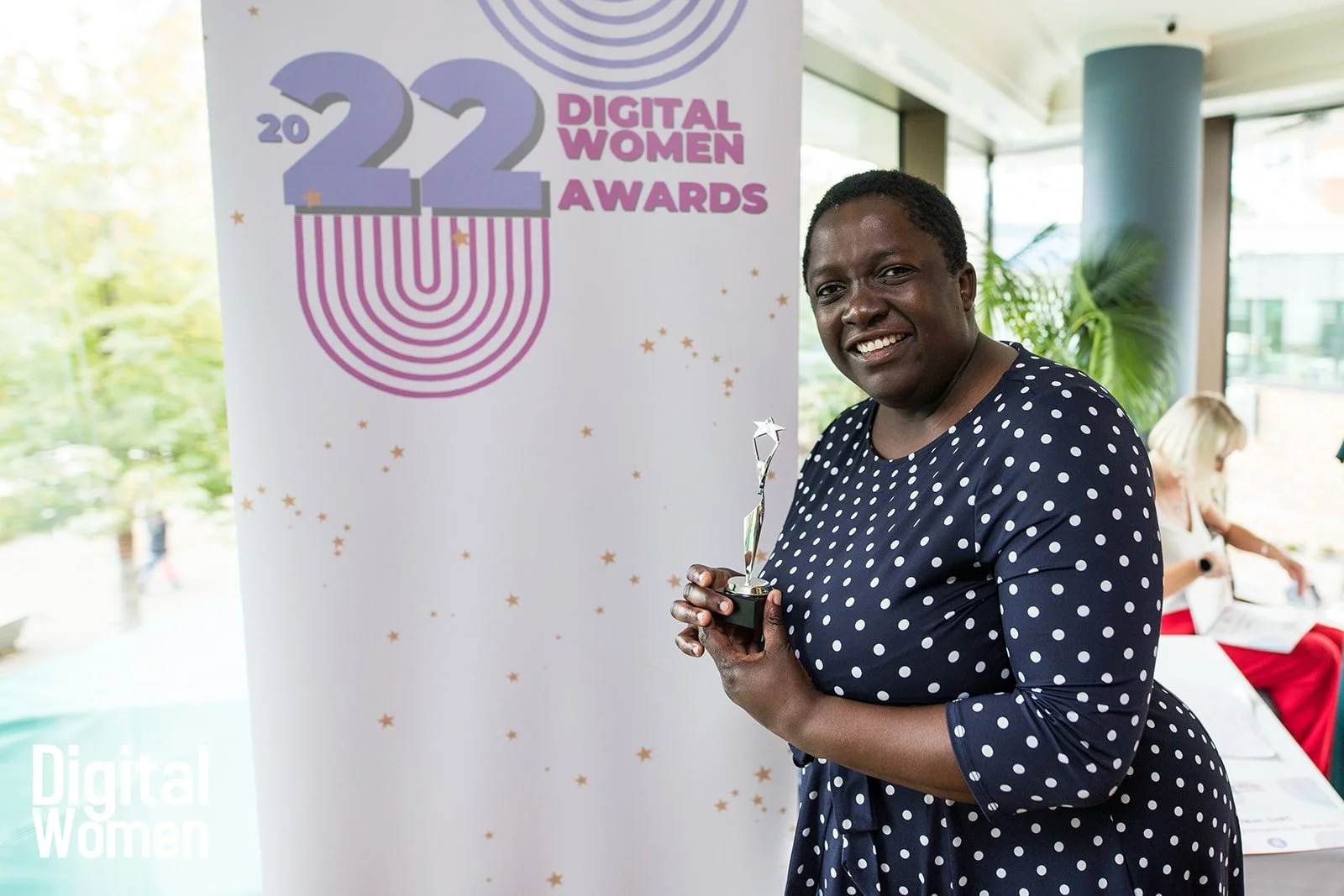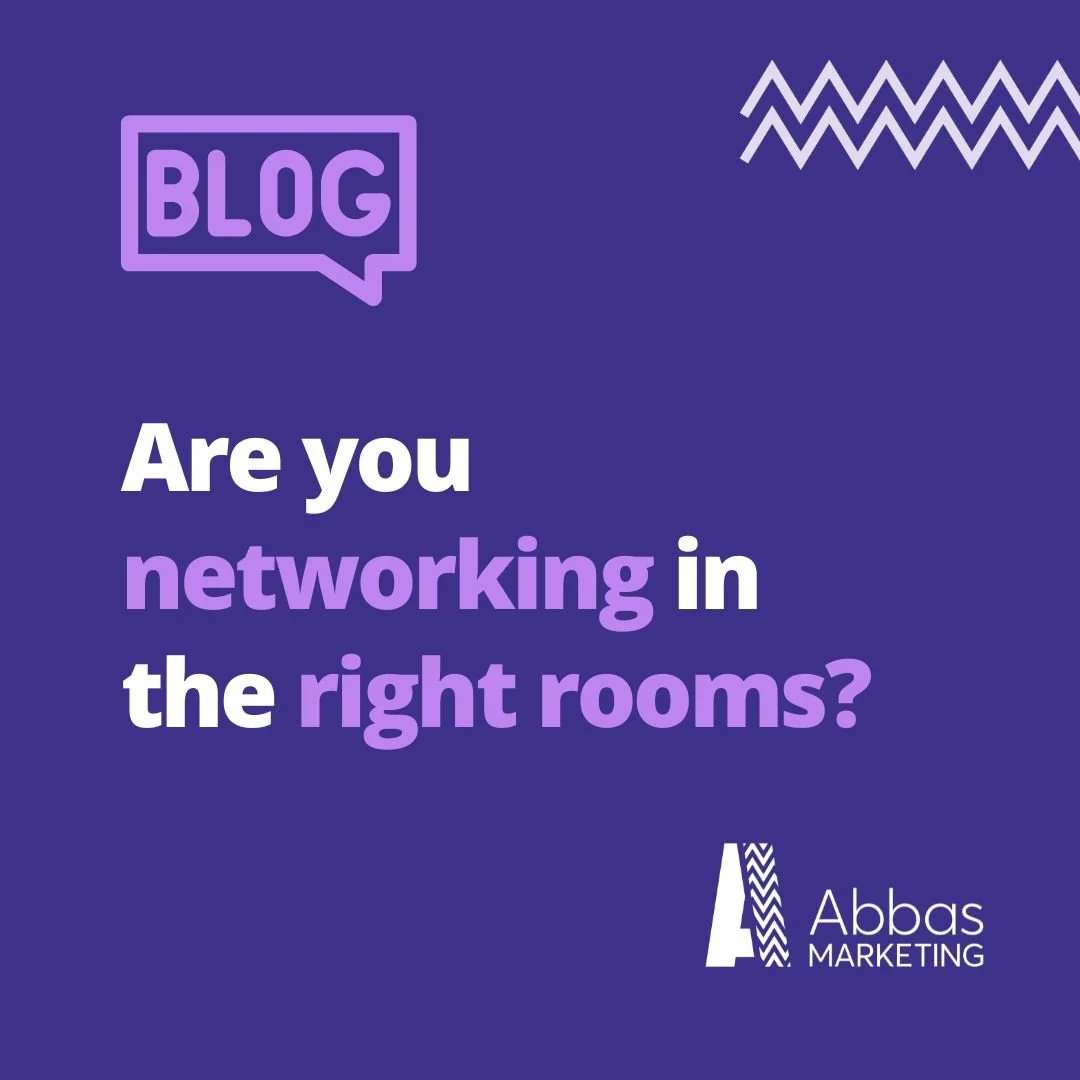A turbulent year of Elon Musk at Twitter: how is it working for you?
How are you finding Twitter? On October 27th it was the one-year anniversary of Elon Musk’s buyout of Twitter and it would be hard to disagree that he’s certainly left his mark on the platform in such a short period of time. He paid $44bn for the platform and it is now valued at less than half that with a price that continues to spiral downwards. Read this damning piece on the fall of Twitter in the Guardian
Throughout the year Elon has Tweeted seemingly random changes to the platform based on his own seemingly smart plan (word on the street is that there is no actual plan but hey that doesn’t stop those who evangelise his greatness).
Some of the changes of note during his reign include:
Changed the name of the platform to X – no one really know why and losing a whole ton of brand equity that the Twitter brand had built up over the years.
Made the platform a home for extremists and trolls - from letting far-right extremists back including a former US president who spouted so much hate on the platform. All of this was of his way of saying that he’s done with censorship. This led to companies pulling their ads in droves then Elon started outing those who had done so by tweeting out their company names so his ‘disciples’/trolls could then troll them. Nice!
Firing Twitter’s Board on the day of his arrival – they were literally frogmarched out as soon as the ink was dry on the deal.
Having two huge culls of Twitter staff including comms, DEI, Curation and moderation – so all the things that help to maintain a stable, equitable and safe platform for all. And what has he replaced them with? Well the answer is not a lot.
Got rid of the comms team - he doesn’t believe in it and replaced them with an automated email response of a turd. And yes, this ‘joke’ is still active today.
Fired a lot of developers and people who understood how the platform was set up and basically held it together. Once he realised, he’d gone too far, he tried to get some of them back.
Altered the algorithm to give more prominence for his own tweets. This one was comical, for a good few weeks he really was everywhere and again users voted with their feet.
Reading this lot, he actually has achieved a lot in a year!
How are your Twitter results?
Back to marketing communications and results from socials, pre–Elon I regularly got 20k to 30k views on Twitter each month without really trying. I posted links to my blogs and podcast episodes that got good clickthroughs. My content revolved around general posts, Twitter threads and also taking part in online community chats and spaces.
Twitter worked well for me from a community perspective too. It was a great place to connect with people and for me to learn. Sadly, a lot of people who I met on the platform have left or no longer engage and now some people just do the odd repost but no longer spend time engaging.
Now when I tweet, I tend to get 20 to 30 impressions and if I put a link in my post it's more or less non-existent. Elon tweeted in August last year that he wanted to keep users on the platform, so changed the algorithm to kill the reach of posts with external links. By keeping users on the platform for longer – he can sell his ads for more as it’s one of the metrics that advertisers look at.
My feed is a user experience UX eyesore with loads of tabs and random rubbish being shown in my feed.
My recent Twitter poll results
If you need more evidence about how far Twitter has fallen, I did a poll on Twitter about people's views on Twitter and out of a sample of almost 100 people the overwhelming feeling was that people had given up.
One of the comments that really reasonated with me is this one by Dava Stewart, freelance writer from Smiling Tree Writing:
“I left right after he took over, and it was difficult and I really miss what it once was. I'm on Mastodon now, but people are finding it difficult to use. There's no algorithm, which is massively appealing to me, but means you have to work a bit harder to find your community. It certainly hasn't replaced what Twitter was for my business.
I'm also in more Slack groups than I was, making more use of my professional groups on Facebook, and posting way more here than in the past. I'm considering adding Bluesky, but haven't yet.
It makes me so angry that we (users) work so hard to build communities and make the platforms successful, but have no ownership or control or anything. In my experience, it's impossible to move a community from one platform to another, no matter how much that community wants to stick together.
There really should be some sort of "public square" that operates more like a utility or a non-profit. One that is actually for the people who use it instead of the folks who profit off of them.”
Jake Potter, Colt Technology Services said:
I'm still using it, but my usage has dropped substantially. I am not tweeting (or X'ing, is that what we call it), but just look at it to keep up with what's going in.
Twitter and the built environment
So what about Twitter use and the built environment especially as there is no direct Twitter replacement. Apps like Mastadon are too complex and have never quite captured mass market attention. While Meta’s Threads was launched with great fanfare but its functionality isn't yet a patch on Twitter and I'm not entirely sure it actually wants to be a direct Twitter replacement. It's regular user numbers fell off a cliff post launch or though daily user numbers are starting to increase.
I did a quick piece of research on Twitter and Threads usage of the top 10 Firms in the recent Building Magazine Top 150 consultants list.
My key findings were that:
Most firms Twitter engagement had fallen to about 1 - 2%. Aside from Foster + Partners who was tending towards 4% and tended to post more Gifs etc.
Most firms hadn’t secured their Threads handle and those that had, had a very small level of followers in comparison to their numbers on Twitter.
Becca Troy – Webb Yates Engineers
“We're still interacting and maintaining our account on the platform, but have eliminated it from our strategy and don't curate content for it at all - it was always the platform with least engagement for us anyway”
Dave Stevens who I know from The BMC gave his viewpoint:
“I think there's still a decent target audience especially in media on X. I've reduced usage in the light of recent events but not removed it completely. When you've put lots of effort into building a network, it seems a waste to leave straight away!”
What people are doing in a post-Twitter world
I’ll give the final thought on this piece to Michelle Garrett who I met through her #FreelanceChat Twitter community that I joined when I was starting out three years ago. She sadly stopped after 5 years last month as the platform was becoming too unstable.
“I'm "weaning" myself off Twitter. It's taken of year of the downward spiral - and a LOT of grieving along the way - for me to be ready to begin to wind down my engagement there. Stopping hashtag#FreelanceChat was the hardest thing I've had to do re: Twitter, but people were having trouble seeing my tweets - and I knew it was not going to get better. I am active on Threads (@PRWriterGal) and that is helping me through this change. I think once they add more functionality, it will get better. I've looked at Slack groups (not the same for me). I am trying to view this whole thing as an opportunity to grow in new ways - but it hasn't been easy. Not at all. 😢”
So what next?
Whether you give up Twitter completely or keep on reposting/posting to me there are a few steps that all firms need to consider about Twitter:
·Reputationally should you be on Twitter? If your company prides itself on diversity and inclusion should an unregulated platform be part of your social media tactics?
Secure your Threads handle even if you aren’t going to use it.
Take a look at your numbers – have they fallen big time? Is Twitter worth the effort/time? What’s your strategy going forward?
Thanks for reading
I’m Ayo and I’m a built environment and infrastructure (particularly rail) nerd. I’m a marketer by trade who loves to create thought proving plans and content for firms who want to make a positive impact. Do DM me if you want to talk about how I can help your firm. ayo@abbasmarketing.com









